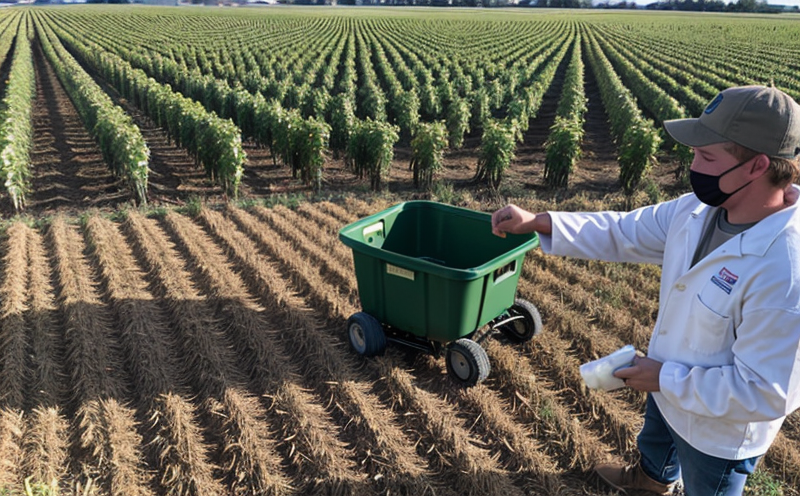Foreign Matter Content Testing in Harvested Products
In agriculture and forestry testing, the importance of ensuring product purity cannot be overstated. Foreign matter content testing is a critical step in post-harvest quality control processes aimed at maintaining product integrity and customer satisfaction. This service focuses on identifying and quantifying foreign materials present in harvested agricultural products such as grains, fruits, vegetables, and wood chips.
The presence of foreign matter can lead to significant economic losses for producers and processors due to increased costs associated with cleaning, sorting, or reprocessing the product. Foreign matter can include a wide range of contaminants such as soil particles, stones, plastic fragments, insect parts, and other non-edible substances in food products.
Our laboratory employs advanced analytical techniques to conduct this testing accurately and efficiently. The process typically involves several stages including sample preparation where the product is carefully separated into fractions for analysis. Each fraction may then be examined under a microscope or analyzed using spectroscopic methods to identify any foreign materials.
The acceptance criteria for these tests are based on industry standards such as ISO 21704 and ASTM E586, which provide guidelines for acceptable levels of foreign matter in various agricultural products. For instance, the acceptable level of soil contamination in grains can vary depending on their intended use; some markets allow higher tolerances than others.
By providing precise data about the amount and type of foreign matter present in harvested products, our testing service helps ensure that both domestic and international markets receive consistent quality goods. This not only enhances brand reputation but also contributes to better resource management practices within supply chains by highlighting areas where improvements can be made.
- Accurate identification and quantification of foreign materials
- Compliance with relevant industry standards and regulations
- Support for continuous improvement in production processes
- Enhanced reputation among consumers and stakeholders
- Data-driven insights into supply chain performance





